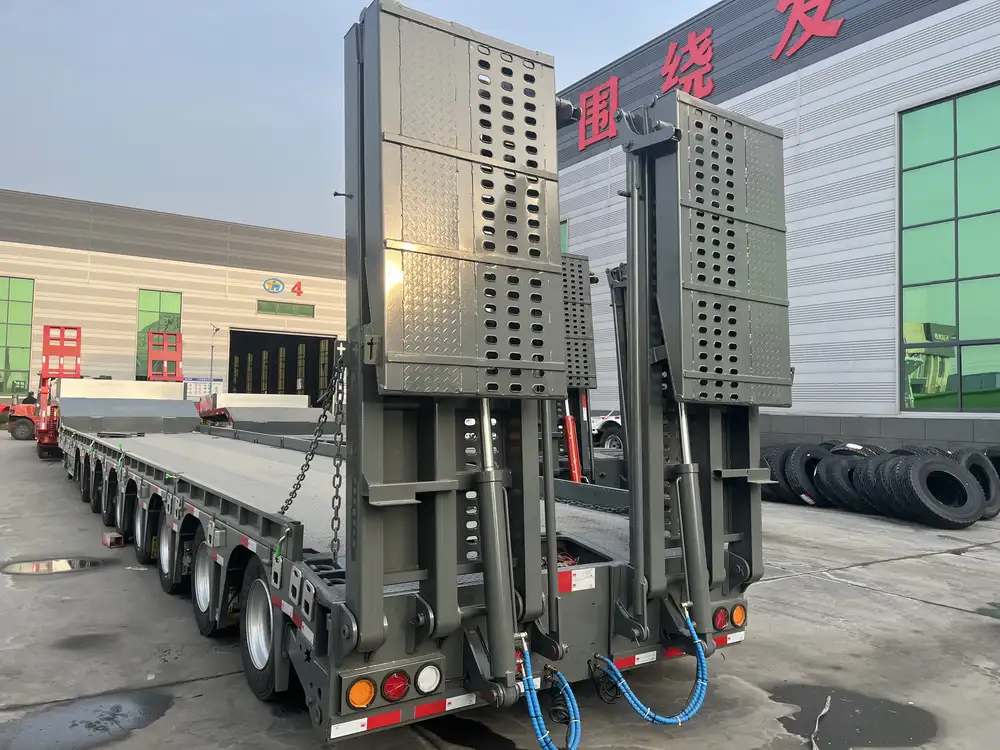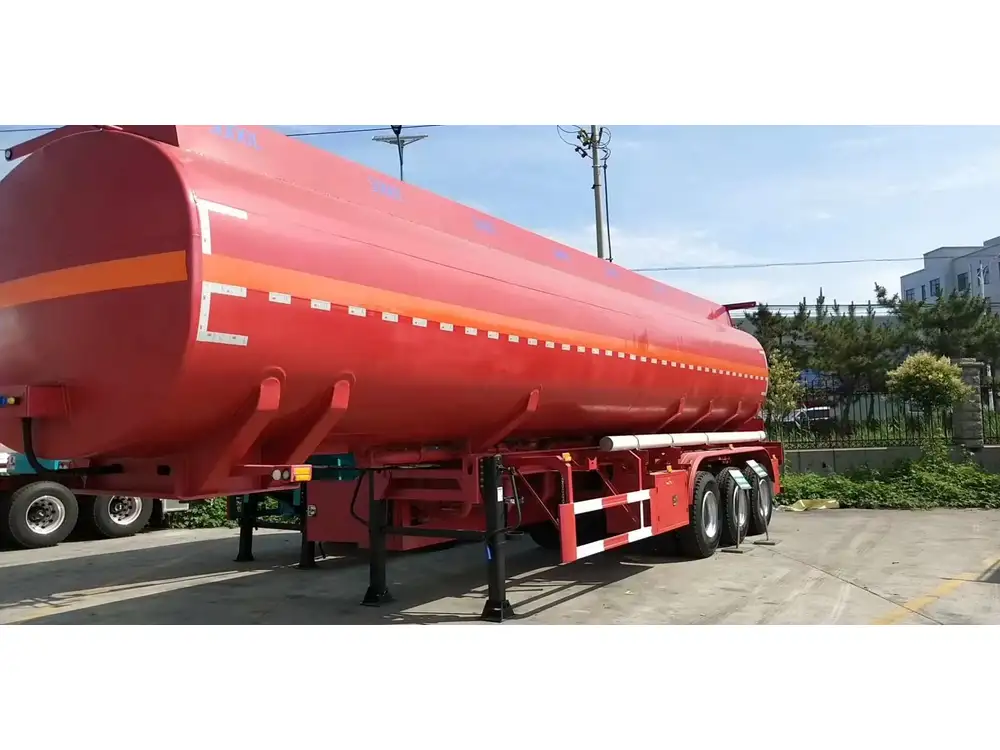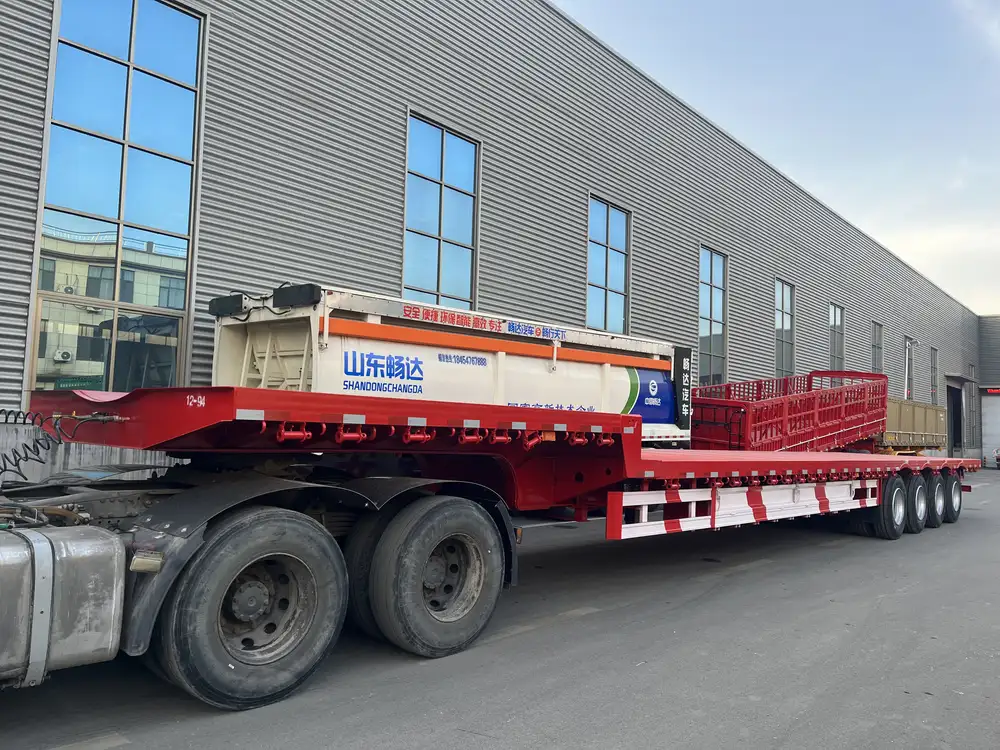When delving into the world of car trailers, prospective buyers often find themselves grappling with a myriad of factors that influence pricing. Whether you’re looking for a utility trailer for transporting vehicles, a car hauler for racing purposes, or a more specialized option, understanding the financial landscape can help you make an informed decision.
Understanding Car Trailers
Car trailers are designed to carry vehicles ranging from cars to motorcycles, and even larger machines. Their construction can vary significantly based on their intended use. Here’s a quick overview of types of car trailers, which will help clarify the vastness of this market.
| Type of Trailer | Description |
|---|---|
| Open Car Trailers | These trailers typically have a flatbed design without sides or a top, making loading and unloading easier. Ideal for everyday car transport. |
| Enclosed Car Trailers | These provide protection from the elements and theft, usually featuring a ramp for easy loading. Favorable for classic cars or high-value vehicles. |
| Utility Trailers | Versatile in design and can be used for various hauling needs, including cars, equipment, and other cargo. |
| Flatbed Trailers | Common in commercial transport, these trailers provide a sturdy platform, ideal for oversized loads. |
| Car Haulers | Built for serial transport, usually with multiple levels to carry several cars simultaneously. |
Pricing Factors
Exploring the price of a car trailer involves discerning the myriad of factors that contribute to its cost:
Type of Trailer:
- As noted above, the type significantly informs cost. Open trailers may start as low as $1,500, while an enclosed option can set you back anywhere from $3,000 to upwards of $20,000 depending on size and features.
Material:
- The construction material directly affects weight, durability, and overall price. Aluminum trailers, while generally lighter and resistant to rust, can be more expensive compared to steel trailers, which offer robustness at a lower initial cost but may be prone to corrosion over time.
Size and Weight Capacity:
- The length, width, and weight rating of a trailer will impact pricing. Smaller trailers for compact cars can start lower, while larger trailers for SUVs or trucks can escalate costs significantly.
Features and Accessories:
- Features such as winches, ramps, tie-down points, and brake systems can elevate the price. Premium features like a toolbox, upgraded axles, or enhanced suspension systems can add thousands to the initial cost.
Brand and Manufacturing Quality:
- Reputable brands often come with a higher price tag but generally offer better reliability and after-sale support. Researching brand reviews can uncover valuable insights.
Market Trends:
- Seasonal variations in demand also influence pricing. For instance, peak times for car racing or classic car shows may drive prices up due to heightened demand.

Average Price Ranges
To provide an intuitive understanding, we’ve synthesized average price ranges for different types of car trailers:
| Type of Trailer | Price Range |
|---|---|
| Open Car Trailers | $1,500 – $4,500 |
| Enclosed Car Trailers | $3,000 – $20,000 |
| Utility Trailers | $1,000 – $5,000 |
| Flatbed Trailers | $2,000 – $8,000 |
| Car Haulers | $5,000 – $20,000+ |
Breakdown by Intended Use
Depending on how you intend to use the trailer, different factors will become relevant to your purchase:
For Racing
If you’re looking for a trailer to transport a race car, consider these aspects:
- Weight Capacity: Ensure it meets or exceeds the weight of your vehicle.
- Features: Look for enclosed trailers with proper ventilation and secure tie-downs.
- Durability: Steel may be a better option here for toughness, despite the heavier weight.

For Personal Use
If the trailer is for transporting a personal vehicle:
- Cost-Effectiveness: An open trailer may be more economical.
- Simplicity: Ensure it has easy loading mechanisms to simplify the experience.
- Customization: Look for options that allow you to add features later.
Additional Costs to Consider
Besides the initial price of the trailer, purchasing a car trailer entails several supplementary costs:
- Licensing and Registration: Depending on your state, this may range from $10 to $200.
- Insurance: Trailer insurance is crucial for protecting your investment. Expect premiums between $100 to $500 based on the trailer’s value and use.
- Maintenance: Regular upkeep, including tire checks, brake maintenance, and general inspections, can cost $300 to $500 annually.
- Towing Vehicle Adaptations: You may need to invest in modifications for your vehicle to ensure it can safely tow the trailer—hitches, brake controls, and wiring included.
Buying New vs. Used Trailers

New Trailers
Purchasing new trailers offers the advantage of warranty protection and the ability to customize according to your needs. However, the high upfront cost can be a deterrent.
Used Trailers
Used trailers can provide substantial savings but come with their own risks and considerations:
- Inspection: Thoroughly inspect for rust, structural integrity, and functional components before purchase.
- Cost-Effectiveness: You may find high-quality options at lower prices, especially models that are well-maintained.
- Variable Market: The used market can fluctuate widely in pricing, so research comparable listings to gauge a fair price.
Long-Term Investment
When pondering the price of a car trailer, consider it within the context of your long-term needs. A well-built trailer can last for decades with proper care, making it an investment that can pay off significantly over time, especially for frequent users.

Conclusion: Making Your Decision
Navigating through the complexities of purchasing a car trailer can seem daunting, but armed with this comprehensive overview on pricing considerations, types, and additional expenses, you’re now better equipped to make an informed choice. Additionally, you could consider the following questions as you investigate further:
- What specific features are essential for my transporting needs?
- How often will I be using the trailer, and does it justify the cost?
- Am I prepared for the maintenance and operational costs that accompany ownership?
Before making any decision, it’s critical to reflect on these aspects. The world of car trailers is not merely about cost; it’s an amalgamation of utility, personal need, and investment value. By breaking down these components systematically, you can secure a car trailer that not only fits your budget but enhances your overall experience.
Embarking on this journey ensures that your trailer choice will be one that adds value and functionality well beyond its initial cost—helping you transport vehicles confidently and efficiently for years to come.



